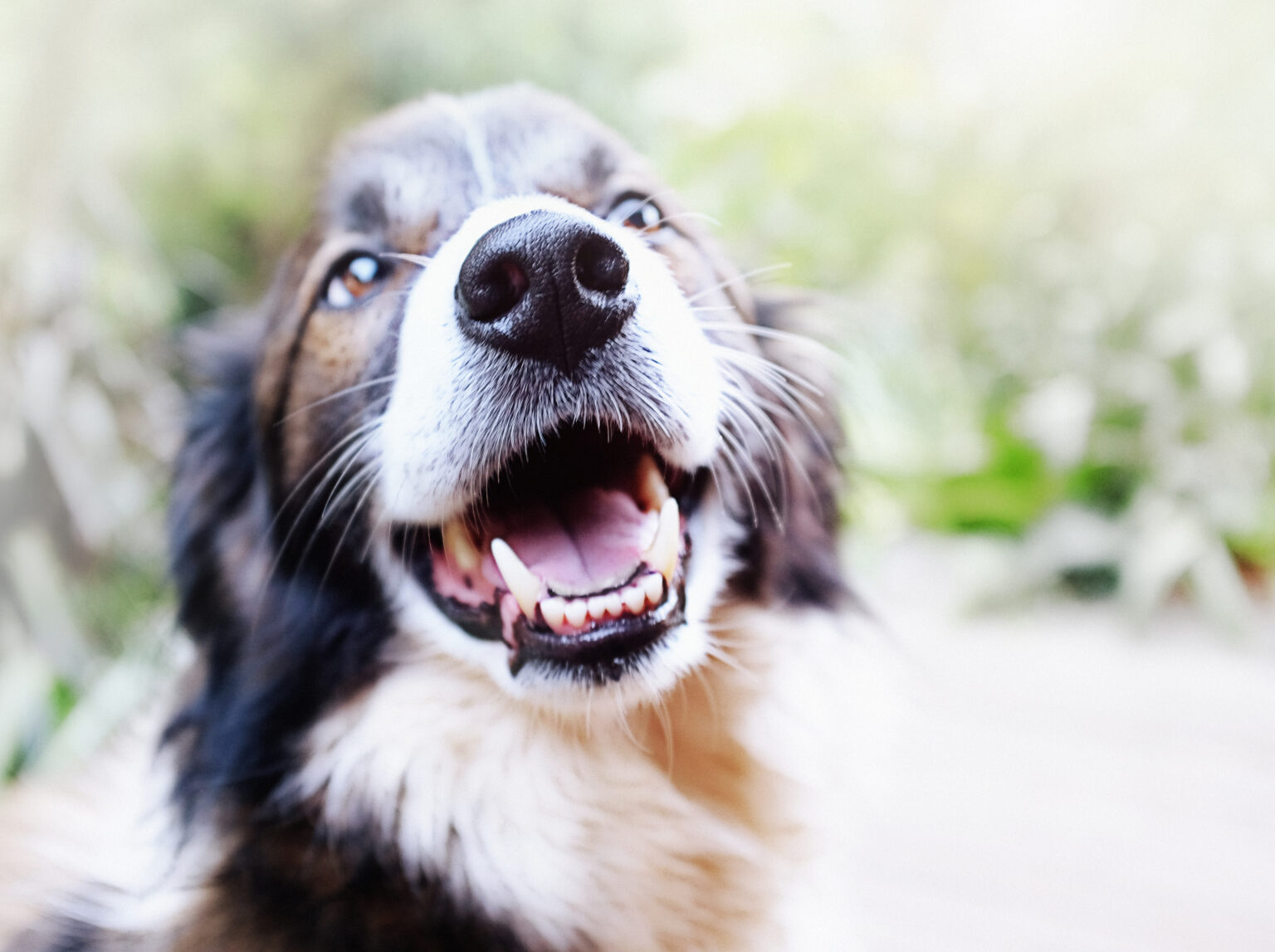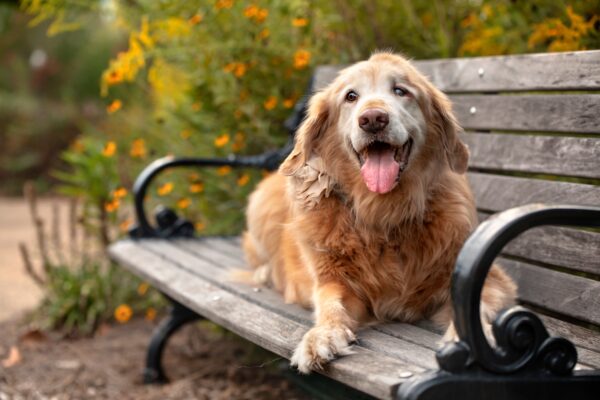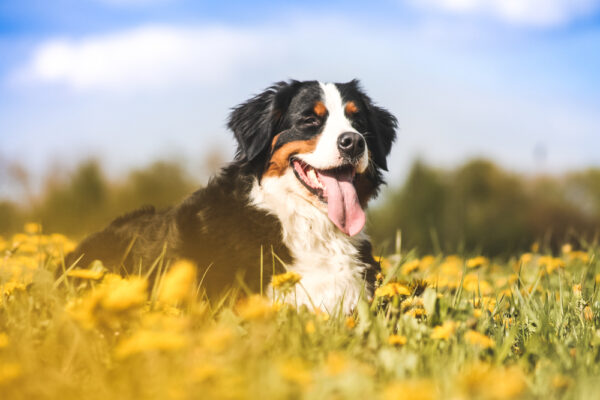Everybody poos – dogs included. But what does a healthy dog poo look like? What are the signs your dog is constipated? And is it possible to cure dog diarrhoea fast? We held a Q&A with our resident vet to answer your most frequently asked questions about dog poo, dog diarrhoea, and dog constipation. Get those pooper scoopers at the ready!
How do I know if my dog has diarrhoea?
It’s fairly straightforward to spot if your dog has diarrhoea, as their poos will be more frequent and the consistency will be more watery. Poo bags are always an essential on any dog walk and you should always keep a good stock. These are especially important when you need to collect (multiple!) samples for your vet to assess and test – and our biodegradable dog poo bags are an eco-friendly choice. Sickness and diarrhoea in dogs often come as a pair and you may notice a loss of appetite. If your dog has diarrhoea but acts fine, it’s important to call your vet and ask if the symptoms you are seeing warrant a physical exam. The vet team will ask you a few questions, such as types of food, appetite, duration of diarrhoea, colour and even presence of blood or mucus. Even if they seem okay to you, dogs can become dehydrated very quickly and some dogs may need urgent veterinary treatment.
Why does my dog have diarrhoea?
There are a few factors that can cause dog diarrhoea:
- A sudden change in diet
- Viruses such as Parvo Virus, which dogs can be vaccinated against
- Parasites, such as worms and protozoa
- Food allergies
- Eating human foods
Dog diarrhoea after a change of dog food is to be expected, but you should speak with your vet if this occurs. If your vet suggests you wait it out, this shouldn’t go on longer than a couple of days.
How should I treat dog diarrhoea?
Understanding why your dog has diarrhoea is one thing, but how to stop diarrhoea in dogs is another entirely. As always, your first port of call should always be your vet – an absolute necessity if your dog has a reduced appetite, vomiting, or you have noticed any blood in dog poo. Your vet may suggest that you add some digestive supplements to your dog’s diet. These usually include probiotics, prebiotics and something to help bind the loose stool. Dehydration is a huge concern with dog diarrhoea and this should be professionally assessed by the vet. The wetness of a dog’s nose does not reflect their health – sick dogs can have a wet nose too. Their dog water bowl should always be full to the brim, as their body will need to be rehydrated. Dog water fountains are a great way to encourage your dog to drink clean, fresh water.
Is there a way to prevent dog diarrhoea in the first place?
Sometimes. Firstly, keep all preventative health care up-to-date, such as vaccinations (including Canine Parvo Virus), and flea and worm treatment. Fleas carry tapeworm eggs, so it’s important to cover both types of parasites. When you’re choosing which dog food to feed your pooch, it’s important to prioritise recipes that are good quality – and you should always transition any food over slowly. If your dog is prone to food-related dog diarrhoea, discuss some options with your vet to help reduce the risk. Regular exercise – dog games included – can be a good way to maintain your dog’s health.
Can puppies get diarrhoea and constipation, too?
Yes. Puppies experience many changes in their first few weeks of life. When you bring a puppy home, they may feel stress from leaving their mum and siblings as well as from moving into a new environment. They also have an immature immune system, which means they need to receive all their puppy vaccinations at the correct time, or they may be at risk of getting ill. Always continue feeding the same food that your puppy was on with the breeder and slowly transition to your food brand of choice. While puppy diarrhoea and puppy constipation are not uncommon, if you are concerned about the consistency, frequency or colour, consult your vet immediately. A puppy with diarrhoea or constipation should always be seen to earlier rather than later.
What are the key signs of constipation in dogs?
- Straining when pooing, with nothing coming out
- Less frequent poos (count the poos you scoop!)
- Dog poo that is hard, dry, or dehydrated
- Smaller poos than usual for their breed
- Pebble-shaped or rounded poos
Are there any home remedies for dog constipation?
Whilst there are treatments you can give at home, you should always be cautious and take your dog to the vet if they develop constipation. There are a number of underlying conditions that could cause dog constipation, such as colon diseases, arthritis of the pelvis, gut blockage, or kidney disease. If your dog gets the all clear, your vet may recommend a stool softener for dogs – i.e. a dog laxative – or to add fibre to your dog’s diet. Stool softener is also a helpful aid for older dogs and those with joint issues, as they may struggle to excrete.
Our articles are not a replacement for face-to-face vet advice. It’s important to consult with your vet on a regular basis to raise any pet concerns that you may have.



